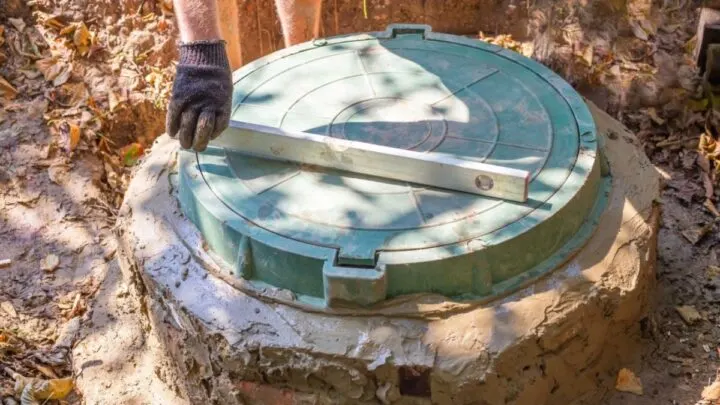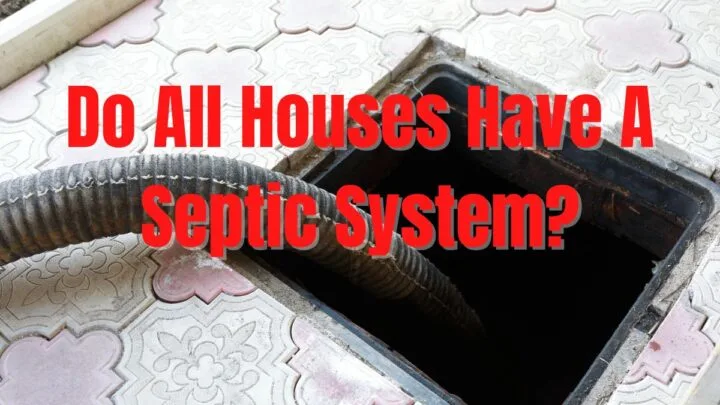What exactly are septic tank systems? Many people who don’t live in the country may not even know what these systems do.
These are underground wastewater disposal and treatment systems. Designed to preserve water, they use various forms of technology to purify wastewater from the laundry, kitchen, or toilets.
Not all houses have a septic tank system, especially if they live far enough away from a city that has a centralized sewer system. In fact, most houses nowadays do not have a septic system at all.
Why exactly are septic systems practical for some houses though, and which houses are conducive to having septic tank systems?
Homes may have public sewer systems connected to manage their wastewater or have a septic system that has likely been installed when the house was being constructed to serve as a wastewater management system.
The Determinant Factors
If you’re trying to figure out whether or not your house has a septic tank, a series of factors have to be considered. The most important factor is location.
If your house is near a public sewer system in, say, the city center, then the likelihood of it having a septic tank is significantly lowered.
Houses that are located in the countryside or a bit far from the city may be more likely to have a septic tank system.
So how exactly do you find out if your home has a septic tank? When purchasing or drawing up rent agreements for your house, you will notice in the previous advertisements that there will be a mention of which municipality board you have to pay maintenance to.
If such a section is included in your papers, that means your house is likely connected to a municipal sewage system and doesn’t have a septic tank.
Such houses will also have additional taxation for public sewer systems’ maintenance, so you will for sure know if your house is connected to one such system.
If not, you will have to fork over some money to get a septic tank system installed, especially if the property is old and the previous system is worn and leaky.
Finding the Septic Tank
So how exactly do you go about finding, maintaining, and upkeeping your septic tank system at your new home?
1. Contact the municipality in your area and ask them if your postal code is covered in the local public sewer system. If not, and the property has been around a while, chances are there is a septic tank system.
2. Contact your solicitor or real estate agent before or post-buying the property to inquire about the plumbing and the septic tank system. They’ll be easily able to access this information since general waste systems, and septic systems are taxed.
3. Ask the previous owners or tenants how the septic system worked when they were the occupants of the house and whether or not they paid tax on it.
4. You can even go looking for signs of the septic tank yourself. Lids, covers, and septic vents in your backyard or basement are giveaways to the septic tank system installed in your house.
5. If you have access to your house’s floor plans or property survey documents, you can check those to see where the septic tank system is located.

The Importance of Septic Tank Systems
Public sewage systems might not be the best endowed to deal with the waste of your house, not to mention that they require frequent maintenance, and municipalities aren’t the best equipped, resource-wise, to deal with erosion in the public sewage systems.
It is, therefore, in your best interests to get a new septic tank system installed in a place you plan to stay in in the long run.
Septic tank installation systems can also significantly spike the price of your house and make it more valuable on the real estate market.
You also won’t have to fork over hundreds of bucks to maintain your sewage system every couple of years as inevitable erosion continues to happen.
Summing Up If All Home Have Septic Systems
Make sure you have your priorities straight with regards to whether you prefer the cheaper public sewage system in the locality that you are looking at.
Or if you want the more functional, efficient septic tank system that is more environmentally friendly, then you should opt for a house with a pre-installed septic tank.
Not all homes have septic systems, especially those located in low-population areas or if they are far enough away from the city.


